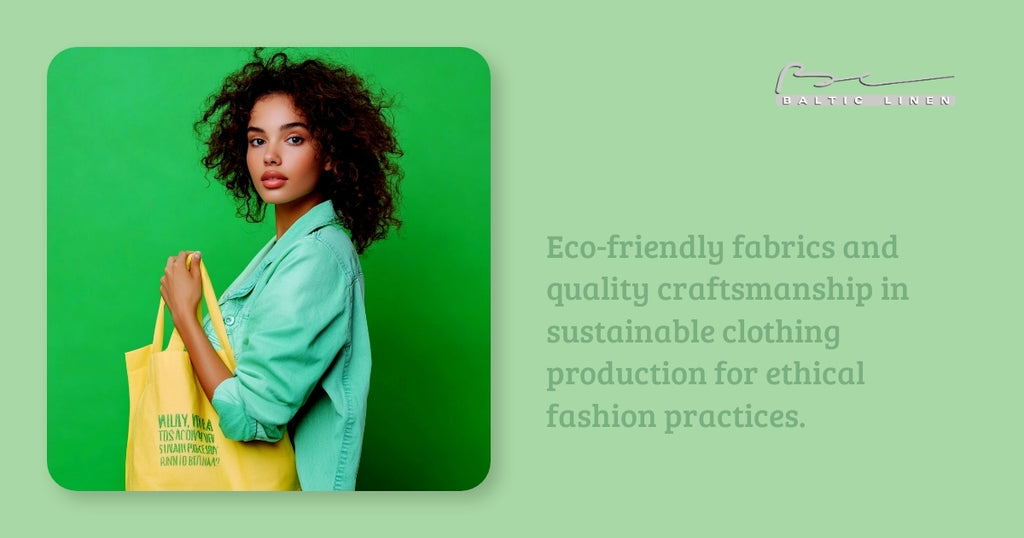Enhancing Sustainable Clothing Production: The Importance of Eco-Friendly Fabrics and Quality Craftsmanship in Ethical Fashion Practices

Your Approach to Quality: From Fabric Selection to Final Touches in Sustainable Clothing Production
My dear lovers of the natural, in a world where fast fashion reigns supreme, we find ourselves at a crossroads between extravagance and sustainability. The way we approach quality in clothing production transcends mere aesthetics; it permeates every stage of the process, from the careful selection of eco-friendly fabrics to the meticulous craftsmanship that defines ethical fashion practices. Let us embark on this journey together, exploring what it truly means to create sustainable clothing with integrity and intention.
Choosing Eco-Friendly Fabrics
The foundation of any wardrobe is the fabric it is made from. In our pursuit of quality, we prioritize eco-friendly fabrics that honor both the planet and its inhabitants. But what exactly does that mean? It means sourcing materials that are not only sustainable but also biodegradable, recycled, or produced without harmful chemicals.
- Organic Cotton: Grown without pesticides, ensuring that the soil remains healthy and the water supply is clean.
- Tencel: Made from sustainably sourced wood pulp, it is produced in a closed-loop process that recycles water and solvents.
- Hemp: This robust plant requires minimal water and no pesticides, making it a champion of eco-conscious fashion.
- Recycled Fabrics: Utilizing materials such as recycled polyester not only helps divert waste from landfills but also reduces energy consumption.
By selecting these materials, we not only ensure quality but also contribute to responsible textile sourcing, paving the way for an ethical fashion future.
Quality Craftsmanship
As we move from raw materials to design, the importance of quality craftsmanship


